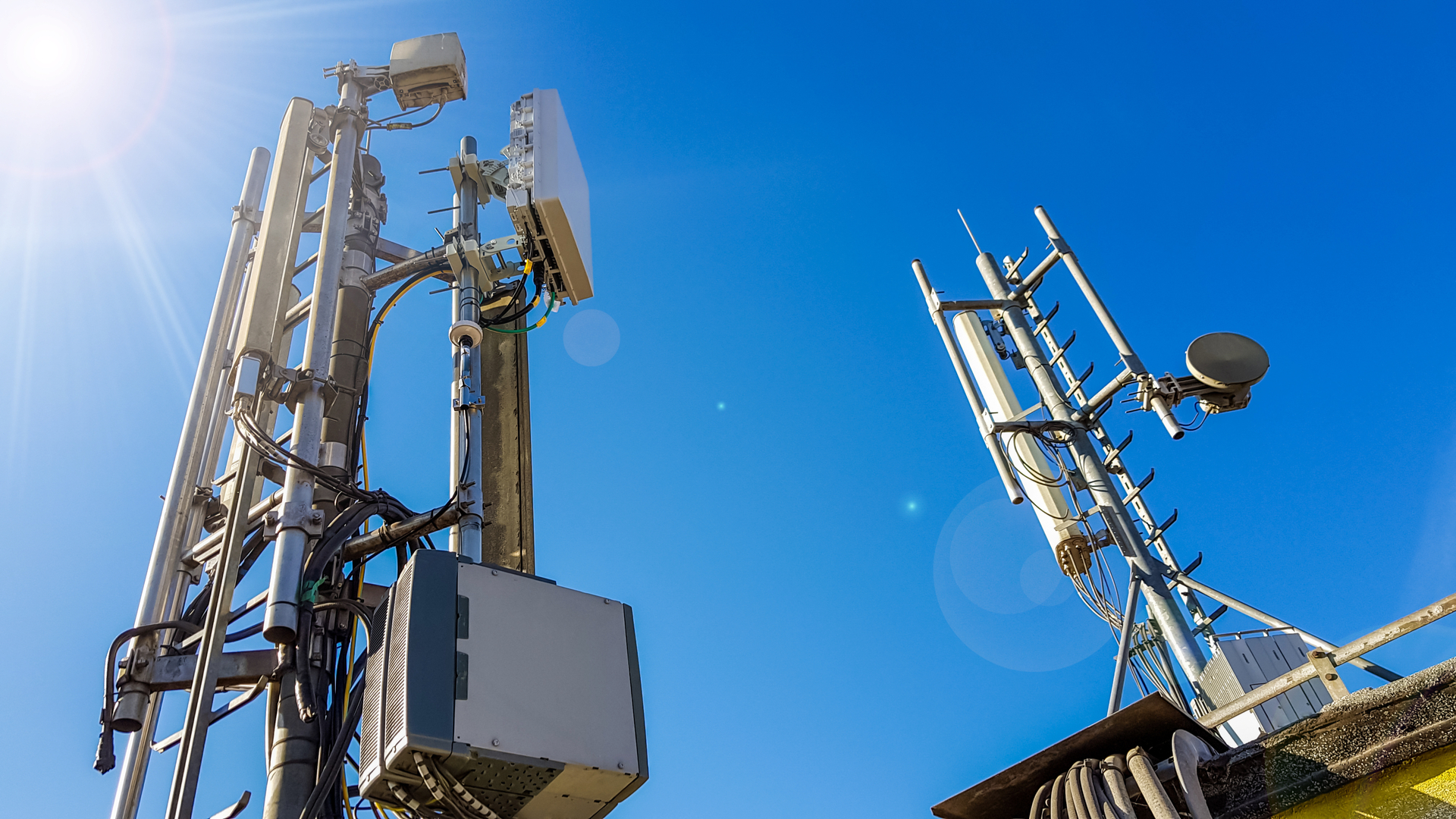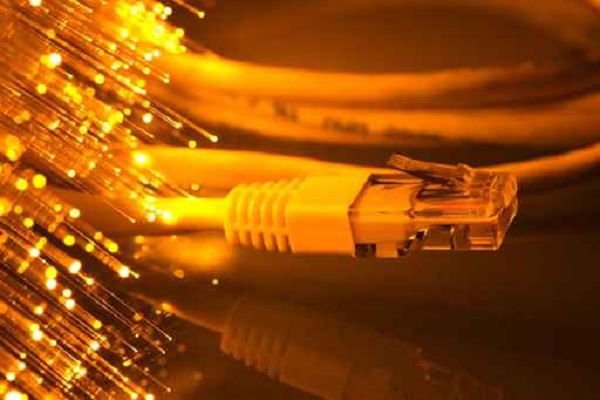Ofcom looks to make ISPs more open on broadband speeds
Will ISPs make it easier for customers to find out what speed they will actually get?

Ofcom has released a new code of practice which will give customers more information what broadband speeds they will get in reality, as opposed to what is publicised.
ISPs covering over 95 per cent of customers have signed up to the voluntary code, which will reduce the potential for customers to be misled over the speed that they get from their broadband service.
The code requires ISPs to provide customers at the point of sale an accurate estimate of the maximum speed their lines can support. They must explain clearly how technical factors could slow down speeds and give help and advice to how users can improve their speeds.
They must also offer an alternative package without any penalties if the actual speed is lower than the original estimate, and with fair usage policies explain them clearly and alert customers if they have been breached.
All the main ISPs have signed up to the code including TalkTalk, O2, BT and Virgin Media. Ofcom will also monitor compliance over the next six months to ensure ISPs are honouring their commitments.
Michael Philips, product director of Broadbandchoices.co.uk, said he welcomed the code of practice, but it didn't go far enough.
He said: "It looks at point of sale' information but doesn't address misleading advertising claims. We feel that broadband providers should advertise speeds in the same way that loans are advertised detailing a typical speed achieved'.
Sign up today and you will receive a free copy of our Future Focus 2025 report - the leading guidance on AI, cybersecurity and other IT challenges as per 700+ senior executives
"In addition, whilst it alludes to future Ofcom involvement in performance benchmarking, there is not, at present, any recognised independent way of verifying ISP's speed claims."
He also said that directing ISPs to offer lower speed packages for customers for customers unable to achieve the speed they were sold was good in principle, but that many ISPs only offered a single speed offering anyway.
-
 EU lawmakers want to limit the use of ‘algorithmic management’ systems at work
EU lawmakers want to limit the use of ‘algorithmic management’ systems at workNews All workplace decisions should have human oversight and be transparent, fair, and safe, MEPs insist
-
 Pure DC’s announces 'Europe’s largest standalone hyperscale data center lease' in Amsterdam — but who is the mystery customer?
Pure DC’s announces 'Europe’s largest standalone hyperscale data center lease' in Amsterdam — but who is the mystery customer?News The company is now constructing a 78MW campus in Westpoort, Amsterdam
-
 The role of ISPs in the connected world now and in the future
The role of ISPs in the connected world now and in the futureSupported Content The role of the ISP has grown precipitously as the world becomes increasingly reliant on staying connected, but they must now adapt to changing times…
-
 Ofcom net neutrality update dismisses calls for big tech contributions
Ofcom net neutrality update dismisses calls for big tech contributionsNews Ofcom’s net neutrality stance has been criticized by some industry stakeholders
-
 UK 5G spectrum auction will finally go ahead this week
UK 5G spectrum auction will finally go ahead this weekNews The much awaited auction will involve companies bidding for frequency in two bands
-
 Almost one million Brits still suffer with appalling broadband speeds, Ofcom report finds
Almost one million Brits still suffer with appalling broadband speeds, Ofcom report findsNews A new Ofcom report reveals a massive 925,000 people are still on downloads speeds of less than 10Mbps
-
 ISPs now have 30 days to fix net speeds or face null contracts
ISPs now have 30 days to fix net speeds or face null contractsNews Ofcom confirms customers will soon be able to walk away if their service dips
-
 More than a million UK properties don't have access to 'decent' broadband speeds
More than a million UK properties don't have access to 'decent' broadband speedsNews Ofcom's Connected Nations report finds broadband is still lacking across 4% of the UK
-
 ISPs forced to ditch 'misleading' broadband adverts
ISPs forced to ditch 'misleading' broadband advertsNews Speeds can only be advertised if they are available to 50% of customers
-
 TalkTalk branded worst broadband provider by Which?
TalkTalk branded worst broadband provider by Which?News Sky and BT both also fared badly in the company's twice-yearly survey